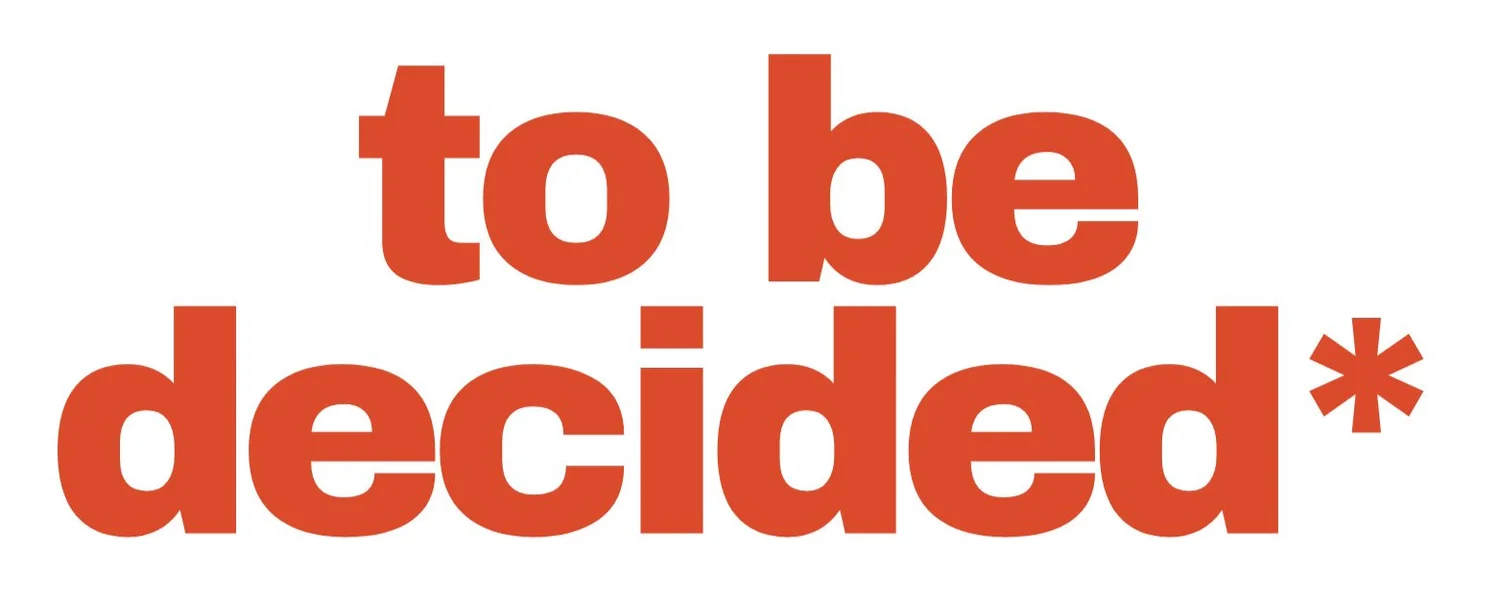Hanna Jones-Eriksson, M.A. in Philosophy at in University of Guelph
Abstract
In this paper I complicate Richard Feldman’s equal weight view, which states that in the event of a disagreement with an epistemic peer one should suspend judgment about a belief. I argue that in some instances it is morally and epistemically valuable for one to hold their ground and not suspend judgment. I illustrate this through examples of disagreements with epistemic superiors. Although we generally believe one should revise their beliefs to meet those of an epistemic superior, I contend that in some instances it is beneficial for individuals to disagree with their epistemic superiors. I introduce two cases where there are moral and epistemic consequences for the epistemic agent and their community if they revise their belief, or revise prematurely. From these examples I conclude that, if it is reasonable for one to stand their ground with an epistemic superior, then one should certainly stand their ground with an epistemic peer.
